

Real Estate's Ripple Effect: How It Shapes Diverse Industries
The real estate sector has the ability to influence and shape various industries far beyond its own boundaries. While it may appear as a discrete industry, real estate's impact ripples across a wide spectrum, from construction and finance to retail, technology, and telecom. As we delve into the interconnected web of relationships that drive economic ecosystems, we’ll highlight the far-reaching influence of the real estate sector.
● Construction
Construction is one of the most closely intertwined sectors with real estate. It serves as the backbone of property development, taking architectural blueprints and turning them into tangible structures. Every real estate project, whether it's a residential neighbourhood, a commercial complex, or an industrial facility, relies on the construction industry to bring ideas to life.
Beyond the bricks and mortar, construction fuels economic growth by creating jobs, driving demand for building materials, and inspiring innovation in construction techniques. In addition, architects, engineers, skilled labourers, and various tradespeople all find employment opportunities thanks to real estate projects.
● Finance
Real estate and finance share a deeper connection than just mortgage lending and property investment. The real estate sector represents a substantial asset class within the financial industry, offering investors opportunities to diversify their portfolios and accumulate wealth.
While mortgage lending is a well-known aspect of real estate finance, the ties between these sectors run much deeper. Real estate investment trusts (REITs) provide a means for investors to access the real estate market without direct ownership. Additionally, financial institutions play pivotal roles in real estate transactions, offering financing solutions, underwriting services, and risk assessment.
● Telecom
In an era of digital transformation, seamless communication and connectivity are essential components of modern properties. Smart homes and buildings equipped with IoT devices and automation systems rely on robust telecom infrastructure to operate efficiently. These technologies enhance energy efficiency, security, and overall quality of life for residents.
Telecom companies also collaborate with real estate developers to offer high-quality services to residents and businesses within specific developments. Offering bundled services, such as internet, TV, and phone packages, has become a common practice that benefits both industries.
● Retail
The retail industry experiences a direct influence from the real estate sector. A retailer's success highly relies on its location. Businesses strategically choose their storefronts based on factors like foot traffic, demographics, and visibility, all of which are intricately linked to the surrounding real estate environment.
Real estate developers often design mixed-use spaces, incorporating retail areas within residential or commercial complexes. Such developments create opportunities for synergy between retail and real estate, fostering vibrant, walkable communities.
● Technology
The technology and real estate industries are increasingly interdependent, resulting in groundbreaking innovations collectively known as PropTech (Property Technology). These innovations have transformed the real estate landscape, making operations more efficient and enhancing customer experiences.
From virtual reality (VR) property tours to blockchain-based property transactions, technology has revolutionized how real estate professionals work. It has streamlined processes, improved customer interactions, and provided valuable data insights for decision-making.
Conclusion
Real estate's influence extends well beyond physical structures. It weaves through the fabric of diverse industries, fostering economic ecosystems. As real estate professionals adapt to changing market dynamics, their actions resonate throughout construction, finance, retail, technology, telecom, and more industries, leaving a mark on the global economy.
The ripple effect of real estate is a testament to its enduring significance and potential for positive change. In an era defined by innovation and collaboration, recognizing and harnessing the far-reaching impact of the real estate sector is the key to unlocking sustainable growth and prosperity across industries.
To explore the many ways in which real estate influences diverse industries, gain insights from industry leaders, and be part of the discussions shaping the future, join us at the 42nd FIABCI Global Leadership Summit this December in Riyadh.



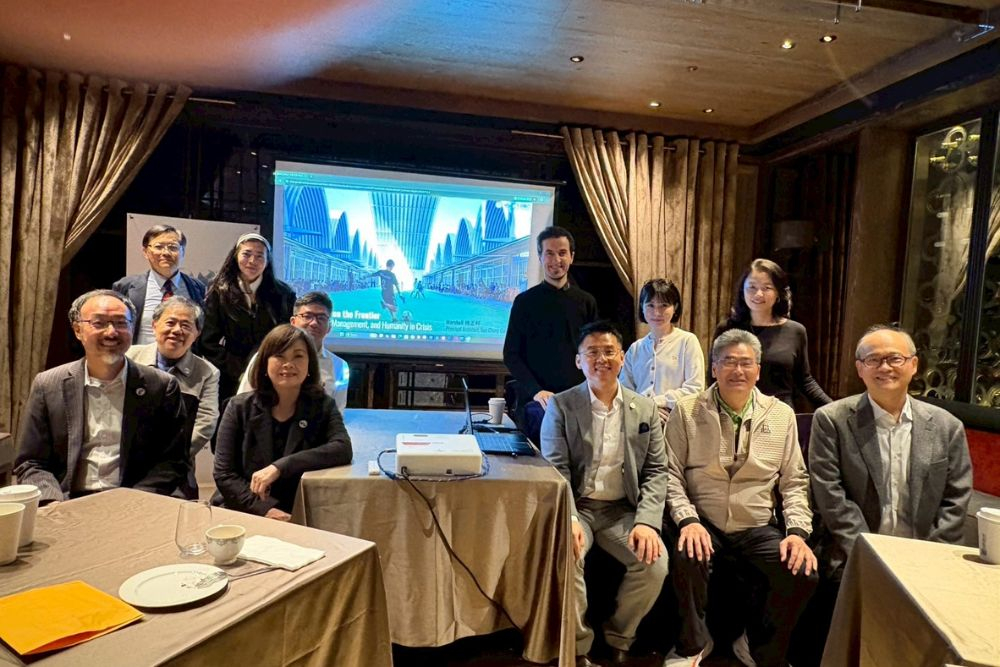


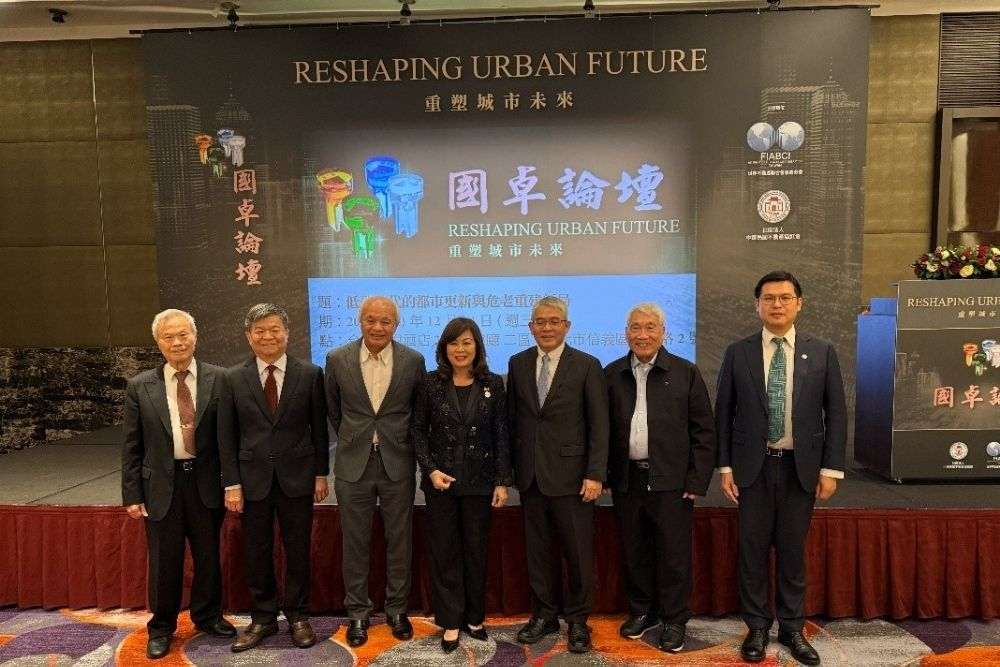







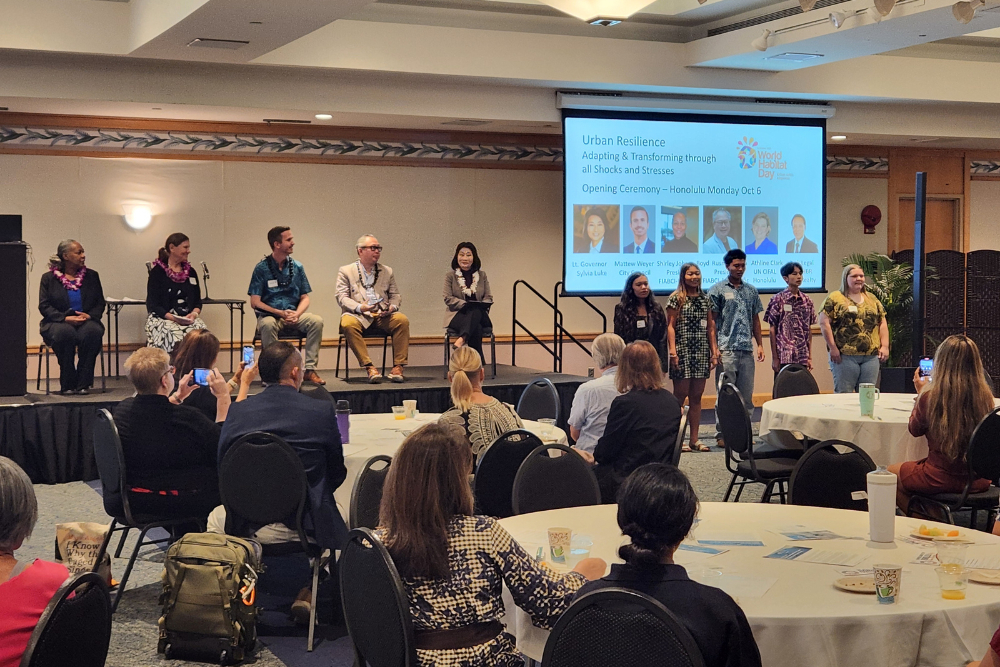



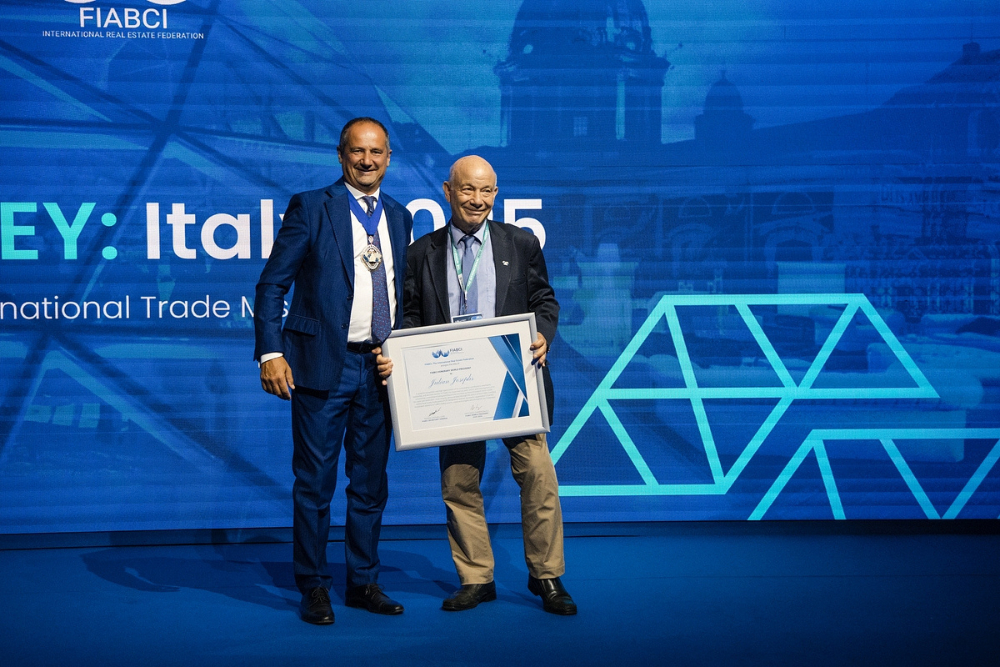



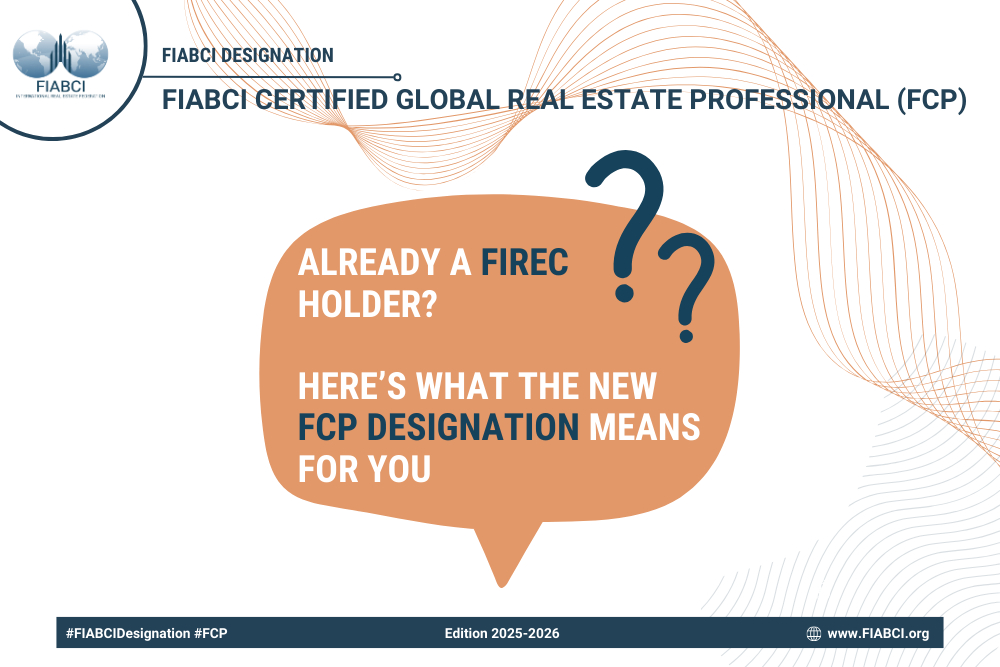
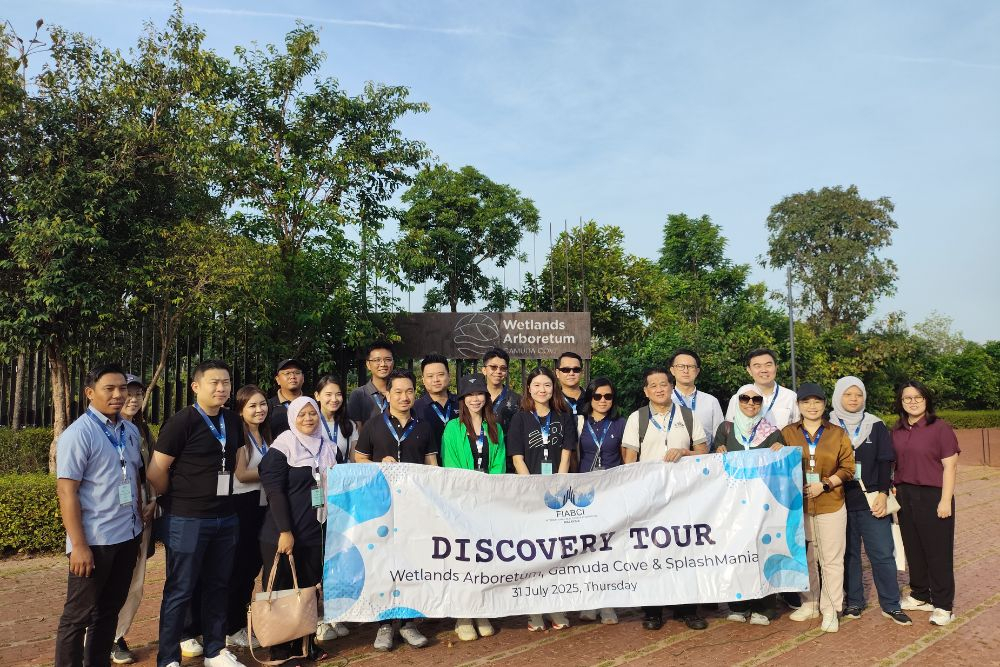


































































































































































































































































































































![[Webinar Summary] COVID-19: What lies ahead for the Real Estate Industry?](/uploads/news/9i1w05plq2ksbcswuyj5ze2nr.png)































































































